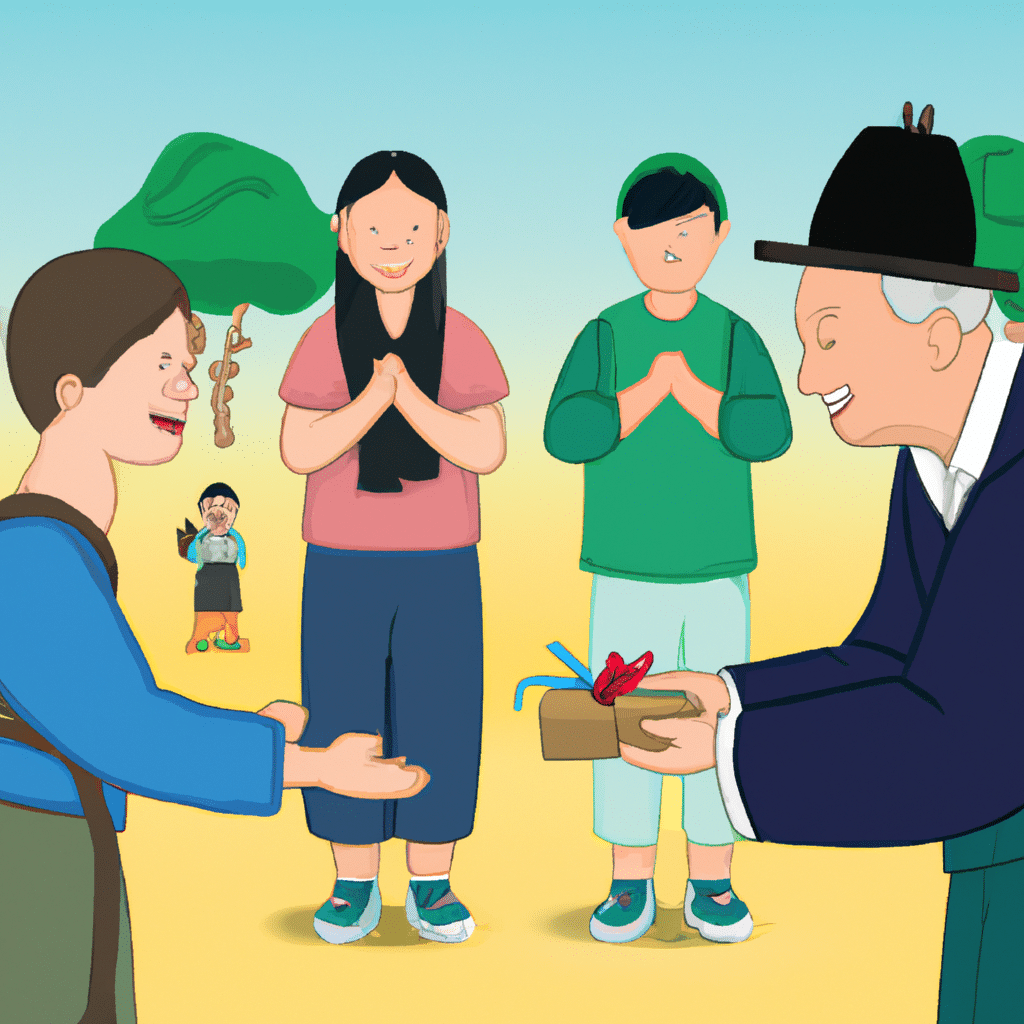Welcome to Korea, a beautiful country full of rich culture, fascinating history, and delicious cuisine. As you plan your trip, it’s important to keep in mind that Korean culture has its own unique etiquette, and it’s essential to understand it to avoid any cultural faux pas. In this article, we’ll guide you through the essential Korean etiquette that will help you make the most out of your trip without offending anyone.

Greetings
In Korea, greeting people is essential, and there are specific ways to do it. When meeting someone for the first time, it’s customary to bow slightly and offer a handshake. However, if the person you’re greeting is older or holds a higher position than you, it’s better to bow deeply and wait for them to initiate the handshake.
When addressing someone, it’s essential to use the appropriate title. For example, if you’re speaking to an older person, you should address them as “ajumma” for women or “ajussi” for men. If you’re unsure of someone’s title, it’s better to err on the side of caution and use “nim” after their name, which is a polite way of addressing someone.
Dining Etiquette
Food is an integral part of Korean culture, and there are specific dining etiquettes that you should follow. When dining with others, it’s customary to wait for the oldest person to start eating before you begin. Also, it’s considered impolite to leave the table before the oldest person finishes their meal.
When eating, it’s essential to use chopsticks and a spoon, which are the standard utensils in Korea. It’s also crucial to use the chopsticks correctly, as using them improperly can be seen as disrespectful. Additionally, it’s customary to pour drinks for others, and it’s considered polite to hold the bottle with both hands when pouring.
Clothing Etiquette
Korean culture places a lot of emphasis on modesty, so it’s important to dress appropriately when in public. When visiting temples or other religious sites, it’s essential to cover your shoulders and legs. It’s also customary to remove your shoes before entering someone’s home or a traditional Korean restaurant.
When attending formal events, it’s crucial to dress appropriately. Men should wear a suit and tie, while women should wear a dress or suit. It’s also essential to avoid wearing revealing or provocative clothing, as it can be seen as disrespectful.
Language Etiquette
While it’s not necessary to speak Korean when visiting Korea, learning a few basic phrases can go a long way in showing respect for the local culture. When addressing someone, it’s customary to use honorific language, which is a polite form of Korean that shows respect for the person you’re speaking to.
Additionally, it’s essential to avoid using informal language or slang, as it can be seen as disrespectful. When speaking with someone who doesn’t speak English, it’s better to use simple words and phrases instead of trying to communicate complex ideas.
Social Etiquette
Korean culture places a lot of emphasis on respect for elders and those in positions of authority. It’s essential to show respect for anyone who holds a higher position than you, whether it’s in the workplace or in a social setting.
Additionally, it’s important to avoid causing a scene or drawing attention to yourself in public. Koreans value harmony and considerate behavior, so it’s crucial to be mindful of your surroundings and the people around you.
Conclusion
In conclusion, Korean culture has its own unique etiquette, and it’s essential to understand it when traveling to Korea. By following the tips outlined in this article, you’ll show respect for the local culture and avoid any cultural faux pas. Remember to be mindful of your surroundings and the people around you and enjoy your trip to Korea!
